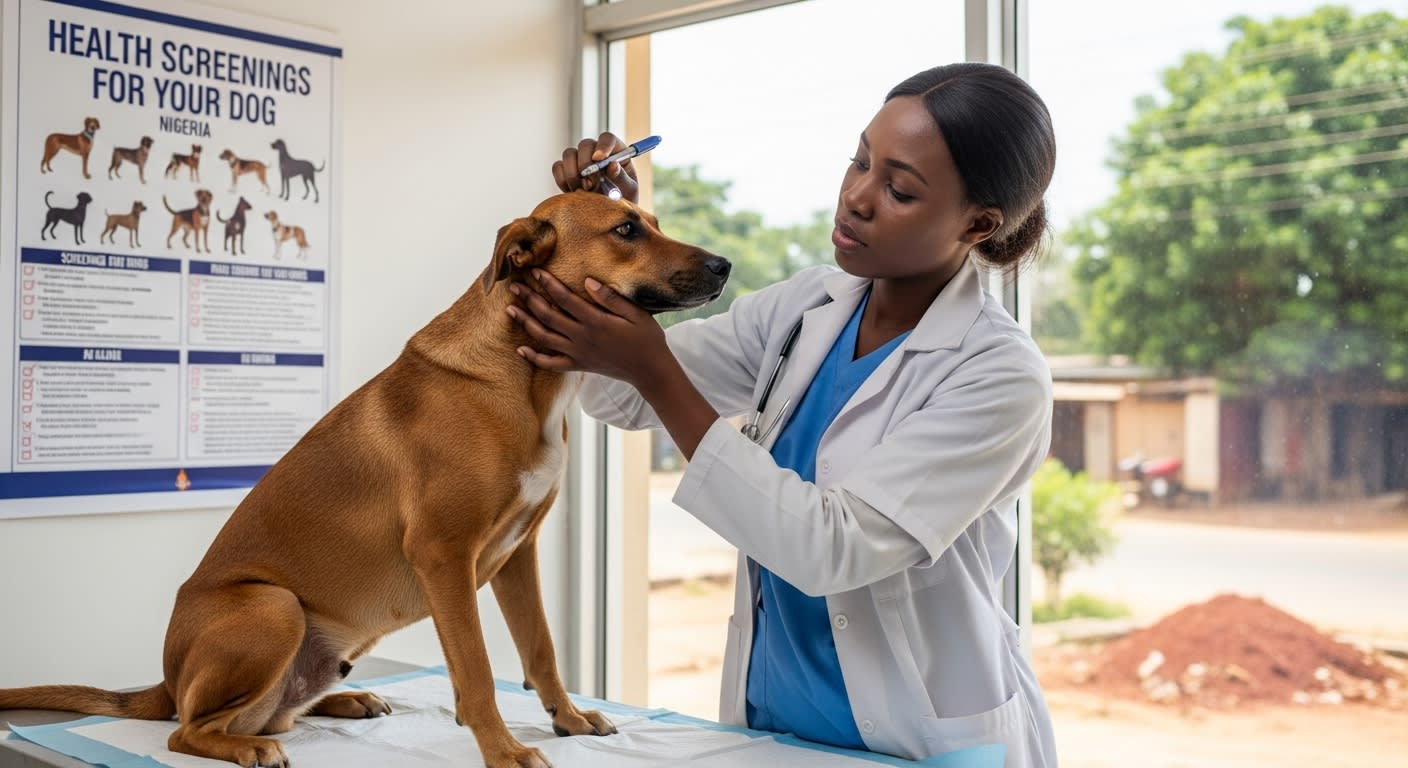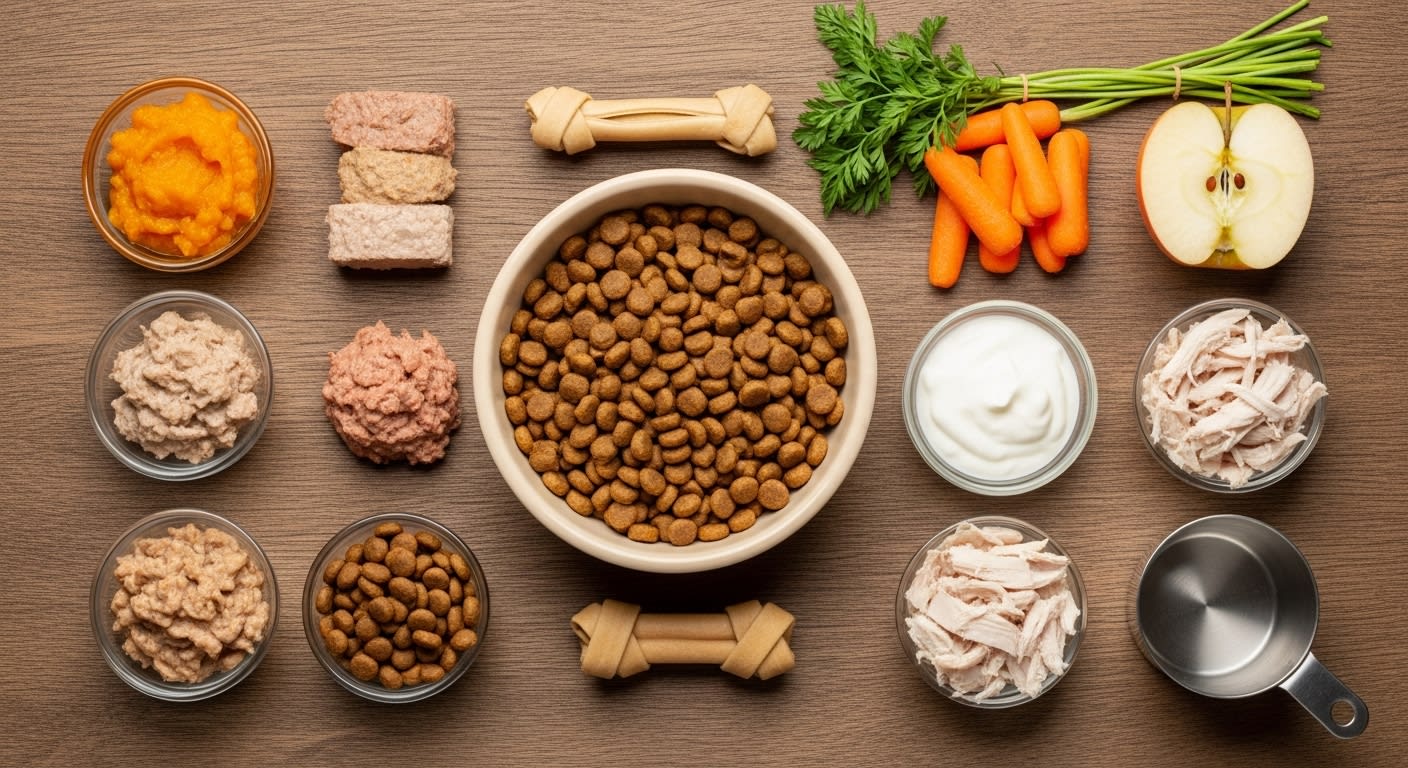Livestock
5 Livestock Farms To Start With No Money In Africa
Starting livestock farming with no money may sound impossible, but with creativity, strategy, and persistence, it can become a rewarding reality. Many aspiring farmers in Africa dream of owning a thriving livestock business, yet limited capital often stands in the way. Fortunately, modern agricultural trends, resource-sharing communities, and digital tools like Mygotovet are transforming how people enter animal farming even on a shoestring budget.
The secret lies in starting small, using local materials, bartering when possible, and focusing on livestock with low startup costs and quick returns. By choosing resilient animals that thrive on minimal resources, new farmers can begin earning profits faster while gradually scaling up operations. Let’s explore five highly profitable livestock farms that can help you build a business even when your budget is next to nothing.
LIVESTOCK FARMS TO START WITH NO MONEY
1. Quail Farming
Quail farming is one of the easiest and most affordable ways to begin livestock farming with no money. These small birds require very little space, and their housing can often be built from recycled materials. With basic feed and proper hygiene, you can raise hundreds of quail in a tiny area, even indoors or in your backyard.
One of the biggest advantages of quail farming is its fast return on investment. Quails mature quickly, often reaching market size in as little as six weeks. Females begin laying eggs around eight weeks, and those eggs are considered delicacies, fetching high prices in restaurants and urban markets.
In addition to selling meat and eggs, farmers can diversify by selling chicks, breeding stock, or feathers. With consistent care and the right market connections through platforms like Mygotovet where farmers can list products, quail farming can evolve from a hobby into a reliable income stream.
2. Rabbit Farming
When it comes to starting livestock farming with no money, rabbit farming stands out as one of the most sustainable options. Rabbits are quiet, clean, and highly productive animals that thrive in nearly any environment including small urban spaces.
They reproduce quickly, often giving birth every 30 days, which means your stock can multiply within months. Rabbits grow fast, reaching market size within 8–12 weeks, providing both meat and breeding income. Their meat is lean, high in protein, and increasingly in demand among health-conscious consumers.
Furthermore, rabbit manure makes excellent organic fertilizer, which can be sold to gardeners or used in your own crops. With low feeding costs, since rabbits thrive on grass, hay, and vegetable scraps, this business can start small and scale effortlessly. You can even barter baby rabbits for equipment or feed, cutting cash costs even further.
RECOMMENDED:
Livestock Farming: Systems, Solutions & Best Farm Practices
Livestock Farming Systems In Africa | MyGotoVet Guide
How Veterinarians In Africa Can Make Money Online
3. Worm Farming (Vermiculture)
If you want an unconventional yet profitable start, worm farming might be your best bet. It’s one of the cheapest livestock ventures to begin, often requiring less than $100 to set up a small operation. All you need is a bin, a bit of soil, and some organic waste.
Worms thrive on leftovers like fruit peels, vegetable scraps, and manure. They multiply rapidly, allowing you to sell both worms and worm castings also known as vermicompost to gardeners and farmers who value organic fertilizers.
Additionally, worm tea (a liquid byproduct of composting) can be bottled and sold as a natural fertilizer booster. With demand for eco-friendly soil enhancers increasing across Africa, worm farming can become a highly sustainable business. You can even learn modern vermiculture methods and market access tips through educational platforms connected to Mygotovet, helping you scale up efficiently.
4. Poultry Farming
Poultry farming remains one of the fastest and most reliable ways to start livestock farming with no money. Chickens require minimal space and simple housing, which can often be made from locally available materials.
The best part? Poultry offers multiple income streams. You can raise:
Layers, which start laying eggs within 16–18 weeks, providing quick, continuous cash flow.
Broilers, which grow to market weight in about 6–8 weeks, offering fast turnaround and quick profits.
Guinea fowls, which fetch higher prices due to their unique flavor and resilience.
Chickens are also easy to care for, thrive on leftover grains and foraged food, and reproduce steadily. By using organic feed or kitchen waste and partnering with nearby farmers for resources, you can minimize expenses while building a profitable small-scale poultry business.
5. Goats and Sheep
Goats and sheep are excellent choices for farmers seeking sustainable and profitable livestock options with limited capital. Known for their hardiness and adaptability, these animals thrive in various climates and feed mostly on grass, leaves, and agricultural by-products.
Goats, often called “the poor man’s cow,” can provide milk, meat, and manure, creating multiple revenue streams. They reproduce rapidly, often giving birth twice a year, and can reach market size within six to eight months. Sheep, on the other hand, offer meat, milk, and hides and are easy to maintain, especially low-shedding breeds like Dorper.
Because these ruminants can graze freely and require minimal housing, they are ideal for rural or semi-rural farmers who can access open land. Partnering with organizations or apps like Mygotovet can connect you with affordable breeding stock, veterinary guidance, and farmer networks to support your growth.
Strategies for Successful Livestock Farming Without Capital
Even when money is tight, several practical strategies can help you get started and grow sustainably:
Start small and reinvest profits: Begin with one or two animals, learn the basics, and scale up gradually as profits come in.
Leverage bartering and networking: Trade services or goods for breeding stock, housing materials, or feed. For example, you can exchange homegrown produce for young rabbits or chicks.
Use free or borrowed land: Many community members have unused plots they may lend in exchange for shared profits or assistance.
Learn from others: Join online communities, agricultural extension programs, or training networks to improve your farming knowledge and avoid common mistakes.
Go From Zero to a Thriving Livestock Business
Starting livestock farming with no money is not only possible but increasingly achievable with smart planning and resourcefulness. By focusing on small, resilient animals like quails, rabbits, worms, poultry, goats, and sheep, you can build a profitable business from minimal resources.
With platforms like Mygotovet offering access to veterinary advice, business mentorship, product listing and affordable supplies, aspiring farmers across Africa can confidently take the first step toward financial independence through farming.
If you’re ready to transform your dream into action, start small today, use what you have, learn from your results, and grow steadily. Find a Verified Livestock Expert or Sign up to Talk to a Livestock Vet today on Mygotovet for help turning your farming idea into a thriving business.
Frequently Asked Questions on
1. Is it really possible to start livestock farming with no money?
Yes, it is possible to start livestock farming with no money if you think creatively and start small. Many successful farmers began with only one or two animals, using recycled materials for housing and natural feeds like grass, kitchen waste, or crop residues. In addition, you can partner with others, use borrowed land, or barter services to get your first stock. Platforms like Mygotovet also help beginners find expert advice at affordable rates to kickstart their farming journey.
2. Which livestock is best for beginners with little or no capital?
For beginners, the best animals to start with are those that require low maintenance and reproduce quickly. Quails, rabbits, chickens, goats, and worms are excellent options. They thrive on minimal feed, need small space, and bring fast returns. Starting livestock farming with no money becomes easier when you focus on hardy breeds that adapt well to your environment and available feed sources.
3. How can I feed my livestock if I have no money for commercial feed?
If you have no money for feed, don’t worry, there are natural and low-cost alternatives. You can use locally available grasses, leaves, kitchen scraps, or leftover grains. For poultry, crushed maize, cassava peel, and insect protein are affordable feed options. For goats and sheep, pastures and agricultural by-products are enough.
4. How do I make money from small livestock farming?
You can make money from livestock farming in several ways, even on a small scale. For instance, you can sell eggs, meat, breeding stock, or organic manure. Rabbits and quails offer fast turnover, while goats and sheep bring steady profits over time. If you add simple value such as packaging, drying, or selling to local restaurants, your earnings can grow quickly. Consistent marketing, especially through online platforms, will also boost visibility and profit.
5. What are the biggest challenges in starting livestock farming with no money?
The major challenges include limited access to capital, poor management knowledge, and high feed costs. However, these challenges can be overcome through free learning resources, networking with other farmers, and using local materials. Diseases may also be a risk, but regular hygiene and basic veterinary advice from Mygotovet can help prevent outbreaks and keep your animals healthy.
6. Can I start livestock farming while keeping my current job?
Absolutely! Many people begin livestock farming as a side hustle before going full-time. Starting small allows you to manage your animals during free hours while keeping your main job. For example, you can raise quails, rabbits, or chickens at home since they require minimal daily care. As your business grows and profits increase, you can gradually expand or hire help to manage the farm.
7. How long does it take to start earning from livestock farming?
The time it takes to start earning depends on the type of livestock you choose. Quails and broilers can start generating income within two months, while rabbits may take three months. Goats and sheep usually bring profit after six to eight months. To make starting livestock farming with no money profitable, it’s important to reinvest your early gains into feed, housing, or more animals. Over time, your returns will multiply.
8. What common mistakes should I avoid when starting livestock farming?
Avoid jumping into large-scale production too soon. Many beginners make the mistake of buying too many animals without understanding basic care or market demand. It’s also important not to ignore record-keeping or proper sanitation, as both affect profitability. Always research before buying stock, start small, and seek expert advice regularly. Remember, steady growth is better than fast collapse.
Animal Health & Blogs

04 December 2025
0 likesFinding a veterinarian in Africa can be challenging, especially when finances, distance, busy schedules, or emergen ...
Read More
25 November 2025
0 likesKeeping your dog healthy requires more than love, food, and grooming; it requires understand ...
Read More
25 November 2025
0 likesWelcoming a new puppy into your home is exciting, but it also comes with important decisions ...
Read More